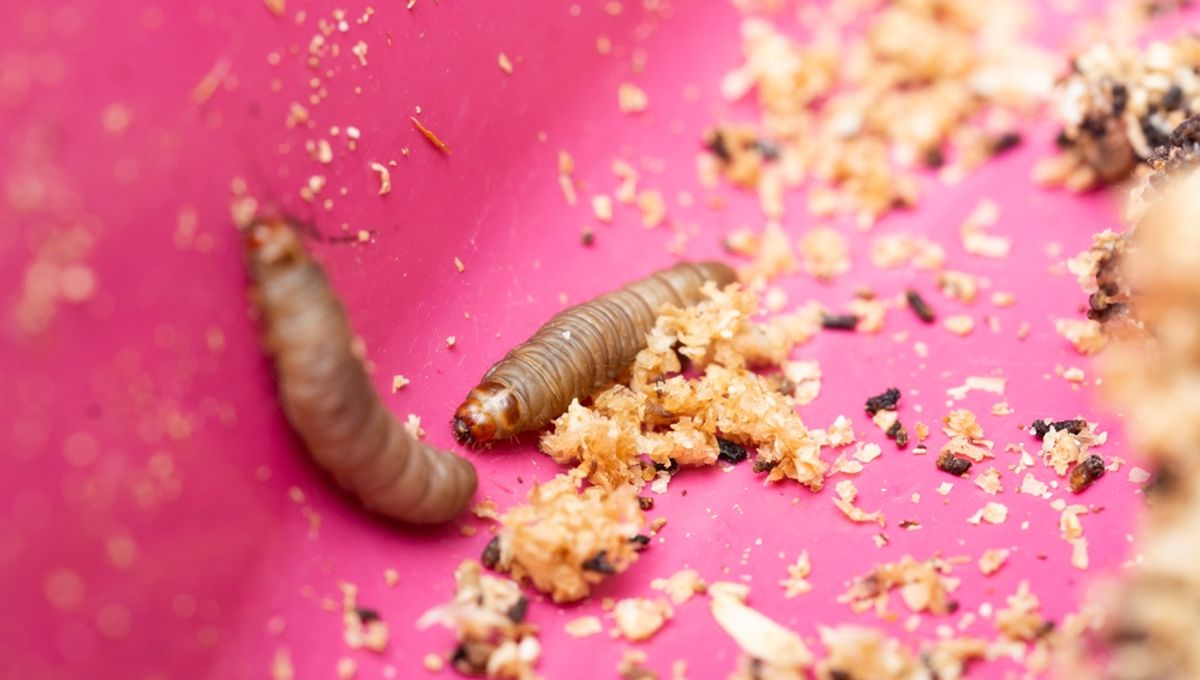
Researchers have discovered that the drool of wax worms is capable of breaking down one of the world’s most common types of plastic. Although it might take some work to scale up, these wriggling larvae could offer a novel way to combat the planet’s plastic pollution problem.
In a new study, scientists from the Spanish National Research Council (CSIC) found that the salvia of wax moth larvae contains two enzymes that can oxidize and degrade polyethylene, the material used to make plastic bags and soda bottles.
Their experiments showed that the enzymes – which they named Demetra and Ceres after the Greek and Roman goddesses of agriculture – were able to break down polyethylene in just a few hours at room temperature.
“To degrade the plastic it is necessary for oxygen to penetrate the polymer (in the plastic molecule). This first oxidation step, which is normally the result of exposure to sunlight or high temperatures, is a bottleneck that slows down the degradation of plastics such as polyethylene, one of the most resistant. For this reason, under normal environmental conditions, plastic takes months or years to degrade,” Federica Bertocchini, study author from CSIC’s Center for Biological Research, said in a statement.
“We have now discovered that the enzymes in the saliva of the waxworm perform this crucial step: they oxidize the plastic. Thus, they make it possible to overcome the bottleneck of plastic degradation and accelerate its decomposition”, Bertocchini adds.
A bunch of other studies have investigated plastic-munching wax worms since their ability to oxidize polyethylene was first discovered in 2017.
Since polyethylene is a human-made material that’s only really been around since the 20th century, it might seem strange that an insect larva is able to naturally break it down. However, the researchers suspect it might have something to do with the complex chemicals found in beehive wax.
“Wax worms feed on beehive wax and pollen from very diverse plant species. Taking into account that beehive wax is full of phenols, this type of enzyme would be very useful for worms. Indirectly, this would explain why waxworms can break down polyethylene. However, so far this theory is just speculation and further studies combining insect biology with biotechnology will be needed,” explained Bertocchini.
The scale of Earth’s plastic pollution crisis is too vast for these worms to tackle by themselves. Nevertheless, knowledge of their spitty enzymes could be used to develop better tools and technologies that could take a solid stab at the problem.
The new study was published this week in the journal Nature Communications.
Source Link: Worm Drool Can Break Down Plastic Bags And Soda Bottles